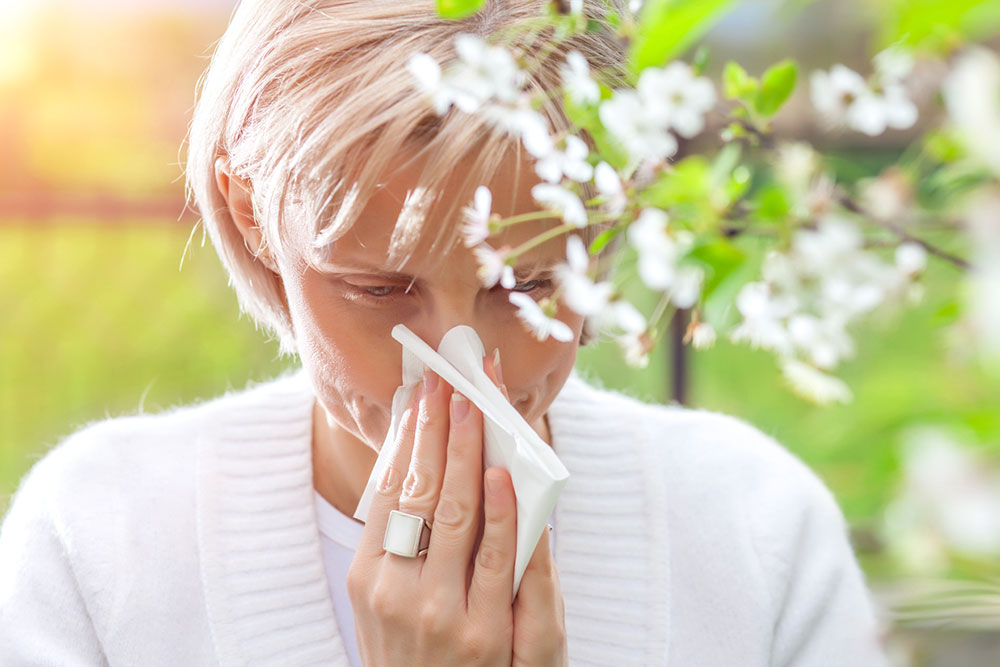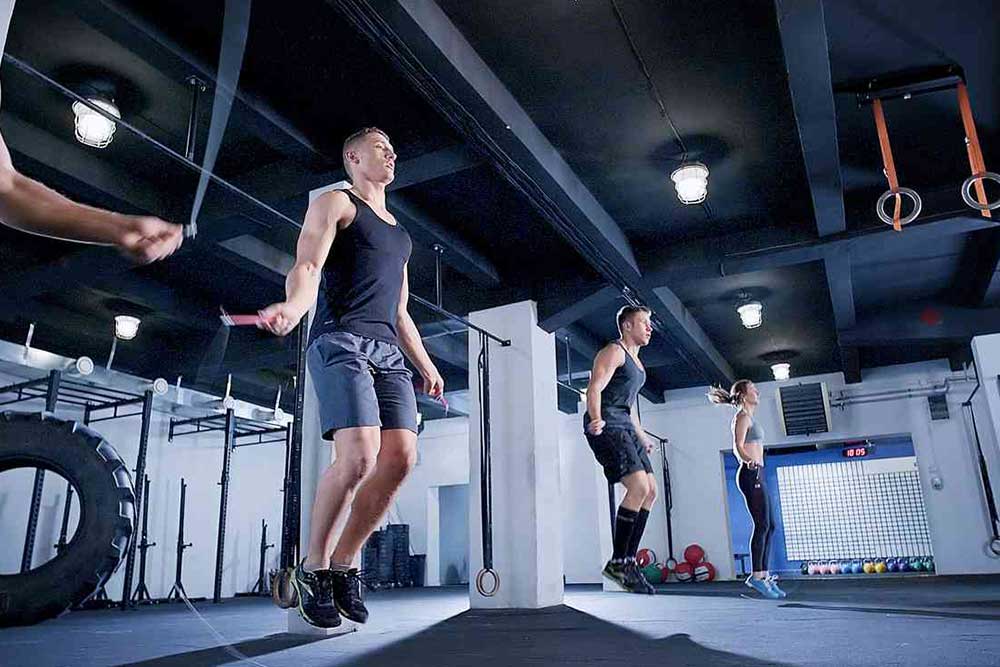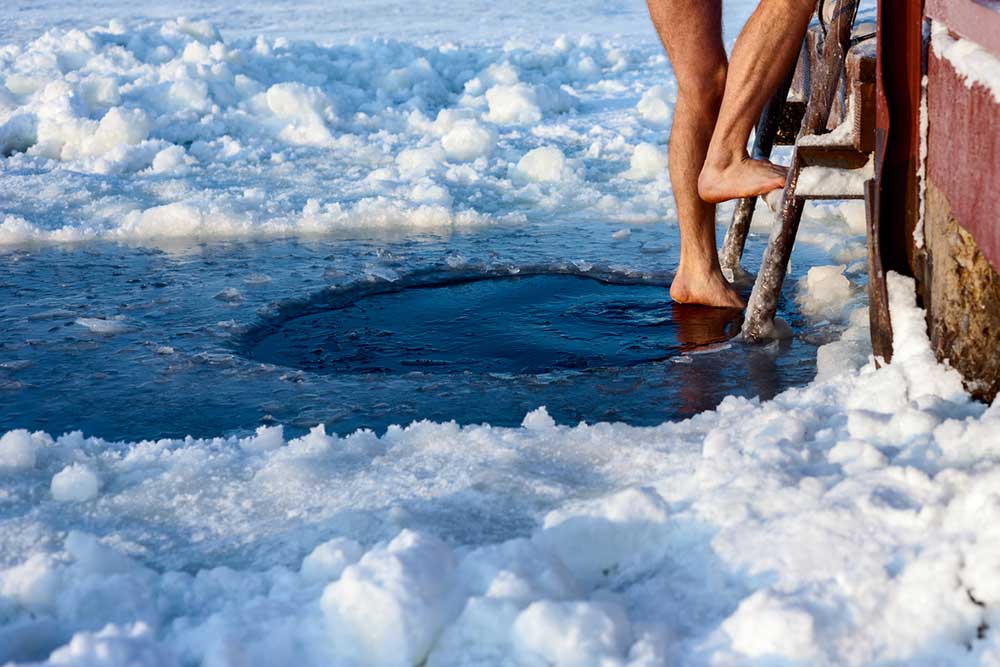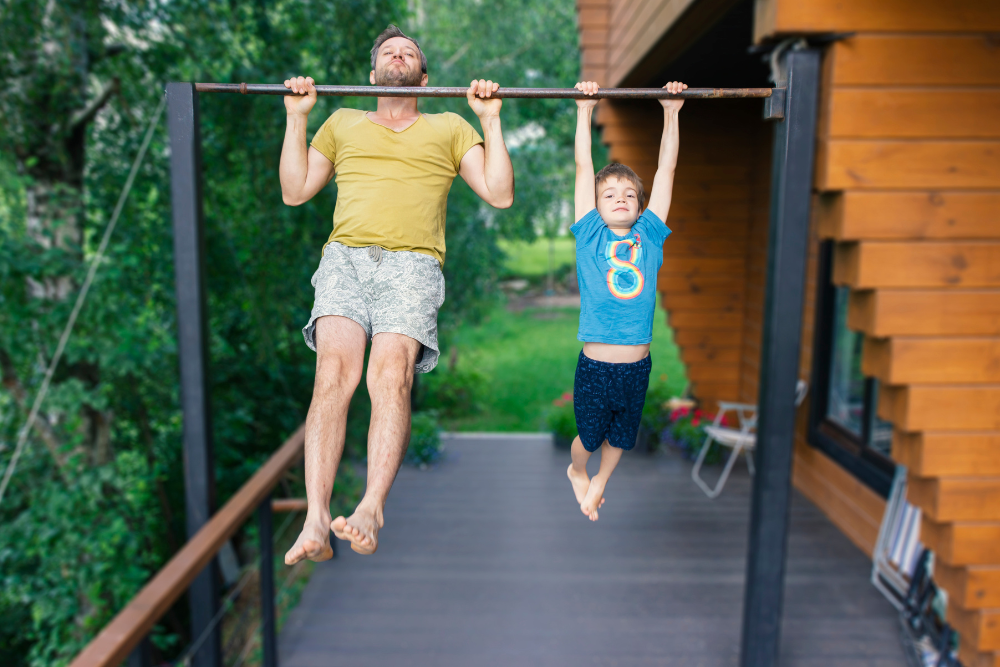Do Genetics Give You A Competitive Advantage?
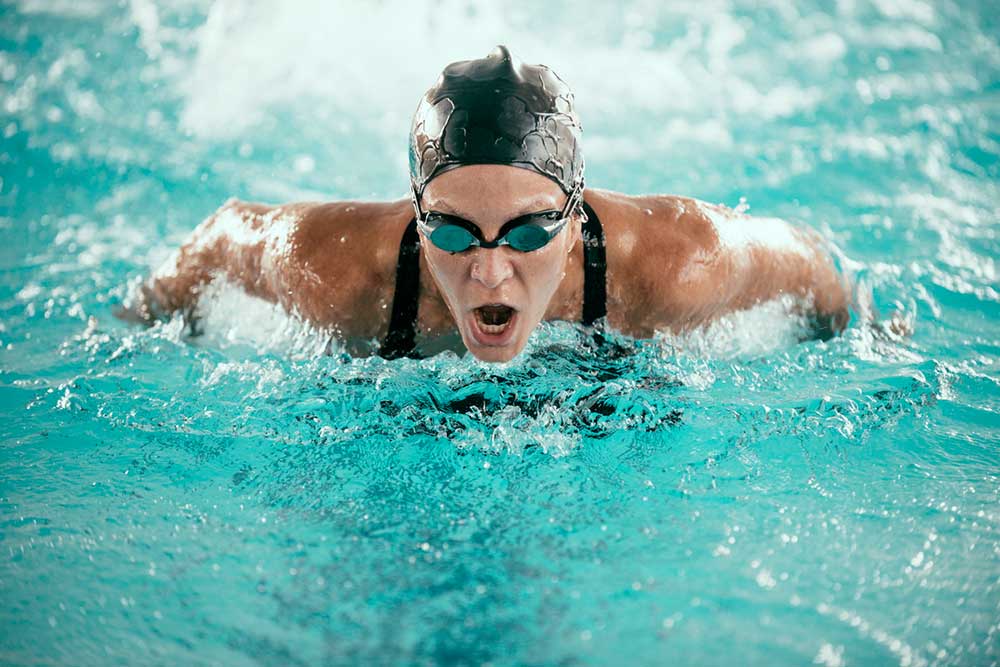
Dayton Kelly
Born to be fast? The role of genetics in VO2 max.
This article was adapted from a combination of speeches given at the European Sports Science Conference 2017, most notably Hoppler, H, Switzerland.
Many a time it has been wondered how the fastest men and women in the world are so quick for so long. Such an individual as an Olympic athlete may seem at times to be of a different species than your average couch potato. But really separates the two on a genetic level. Was the Olympic athlete born with some kind of advantage or is it all in the training?
Related Article: Re-Thinking Gender Based Nutrition
Looking to the literature:
To investigate the role of nature (genetics) vs nurture (training) on performance, studies have employed a common design of answering this question. Nature vs nurture studies compare differences in monozygotic twins reared apart (which in theory contain identical DNA but different environments), monozygotic twins reared together (which share nature and nurture), and unrelated individuals reared together (shared nurture but not nature). Where twins are similar despite being raised apart, genetics can be assumed to play a role.
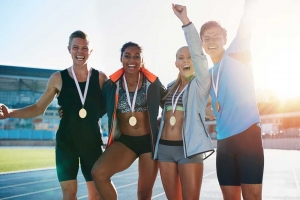 To measure aerobic potential (cardiovascular performance) researchers have compared maximal oxygen consumption (VO2 max; a common indicator of fitness) in these populations. Drawing from a series of studies, it appears genetics can explain 50% of the differences in VO2 max in sedentary individuals (people who were tested but do not exercise; this can be extrapolated to those who do exercise). Individuals, however, appear to be able to make large improvements in this genetically provided VO2 max: individuals born with the worst VO2 maxes may exceed those born with the best. The ability however to improvement VO2 max also depends on genetics. Similar studies have found that the ability to increase VO2 max also is about 50% dependent on genetics. Thus, both our VO2 max and our ability to change it rely to a significant degree on our genetic makeup.
To measure aerobic potential (cardiovascular performance) researchers have compared maximal oxygen consumption (VO2 max; a common indicator of fitness) in these populations. Drawing from a series of studies, it appears genetics can explain 50% of the differences in VO2 max in sedentary individuals (people who were tested but do not exercise; this can be extrapolated to those who do exercise). Individuals, however, appear to be able to make large improvements in this genetically provided VO2 max: individuals born with the worst VO2 maxes may exceed those born with the best. The ability however to improvement VO2 max also depends on genetics. Similar studies have found that the ability to increase VO2 max also is about 50% dependent on genetics. Thus, both our VO2 max and our ability to change it rely to a significant degree on our genetic makeup.
Related Article: Athleticism – It’s Nature Over Nurture
Conclusion:
While individuals born with a disposition to have low VO2 max may make large improvements in this measure of fitness, it does appear some individuals are born with genetic advantages. It is important to note that VO2 max is an insufficient measure to preselect Olympic athletes, athletics relies on many psychological factors such as determination and work ethic which display weaker genetic tendencies. You may be born slightly ahead or slightly behind, but no one is out of the race for top athletics!
(adsbygoogle = window.adsbygoogle || []).push({});
You Might Like:
10 Ways To Boost Your Immunity
Dayton Kelly The following was adapted from a combination of speeches given at the European Sports Science Conference 2017, most notably Walsh, N. et al. and Nieman, D. . Everyone hates getting sick. It is...Pump Up Your Performance With Beet Root Juice!
Dayton Kelly This article was adapted from a combination of speeches given at the European Sports Science Conference 2017, most notably Annie Vanhatalo PhD (University of Exeter, UK). Beet root juice is currently in the...Active vs Passive Rest For HIIT Recovery
Dayton Kelly The following was adapted from a combination of speeches given at the European Sports Science Conference 2017, most notably Wiewelhove, T. et al. . Researchers have been in conflict about how best to...Beat Pre-Race Nerves With L-Tyrosine
Dayton Kelly This article was adapted from a combination of speeches given at the European Sports Science Conference 2017, most notably Hase, A. et al. . Here at Forever Fit Science, we love to indulge...The Truth About Cold Therapy And Recovery
Dayton Kelly Time to cancel your next ice bath? The truth about cold therapy. This article was adapted from a combination of speeches given at the European Sports Science Conference 2017, most notably Poppendieck, W....Back Pain? The Germans May Have Found A Cure
Dayton Kelly This article was adapted from a combination of speeches given at the European Sports Science Conference 2017, most notably Spang, C. et al. . Low back pain plagues millions globally with 84% of...(adsbygoogle = window.adsbygoogle || []).push({});

